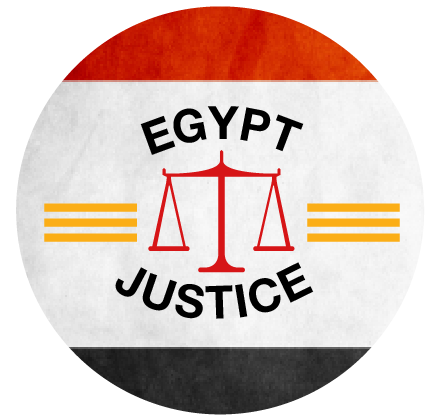Freedom of Religion and the Constitution in Egypt: The Distinction Between Belief and Practice, and Protecting Religion and Government from Each Other
/Understanding freedom of religion in Egypt requires understanding the distinction drawn by its courts between belief and practice. The Supreme Constitutional Court seeks to strike a balance between the two—and to protect religion and government from each other.
In Egypt, by both culture and constitutional law, religion and state are inextricably intertwined. Religion shapes government, and government shapes religion, posing fundamental challenges to both.
Read More


